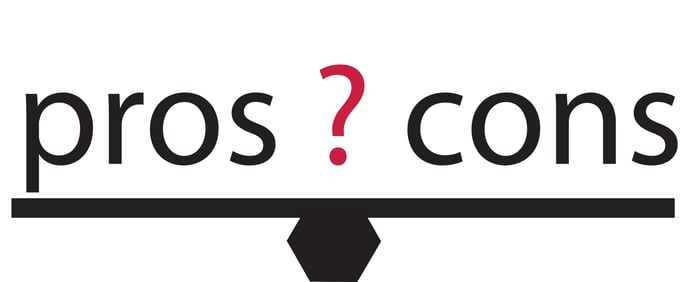
The increasing cost of insurance has many fleet managers, especially those with large fleets, opting for self-insurance. But what are the risks and benefits involved?
First off, it’s important to remember that the term ‘self-insurance’ applies to all non-traditional insurance options and doesn’t mean that the company necessarily carries all the risk. Some companies will opt for only third-party insurance (in the event of accidents and injury), whilst taking all other risks upon themselves. This is a variant of self-insurance as the company carries most of the risk, and outsources a portion. If you’re trying to decide between self-insurance and full external cover, the below points are a handy guideline.
Self-Insurance
| PROS | CONS |
|
Cash Opting to self-insure is a way to instantly improve your cash flow. Some companies opt for self-insurance as a temporary measure when they need to boost cash flow, either because the company is struggling, or because they urgently need to inject cash into another area of the business. |
Costs Unexpected repair or maintenance costs could end up costing more than you were paying for insurance in the first place. You need to have a very stable fleet and reliable drivers before taking the self-insurance leap. You need to be able to accurately predict what your costs will be to see if it’s worth the risk. |
|
Savings Stable and consistent fleets who constantly optimize operations can see better than expected savings if fleet processes are continually improved and risks lowered. |
Administration To ensure your fleet remains low-risk and efficient as possible requires lots of admin, regimented checks, and trust in your drivers and employees. |
|
Independence Self-insurance gives more control over where you spend your fleet budget. As mentioned in the intro, this could include aspects such as third-party insurance or even tyre insurance, or recovery assistance. In some cases, it also gives you more negotiating power if you do decide to opt for full cover again in the future. A history of self-insurance will clearly show where your fleet needs cover, and where it doesn’t – this can help you negotiate cover that’s more suited to your fleet. |
Missing out Being out of the fleet insurance game for too long, could make it tricky to get back in. Prospective insurers won’t have an ‘official’ risk profile history, and it can make it difficult to negotiate reduced rates if your fleet has been self-insured for a very long time.
|
|
Responsibility Self-insurance often instills a greater sense of responsibility in employees when it comes to taking care of fleet vehicles. Make sure you explain the implications clearly, and ask their cooperation in taking care of the fleet.
|
Strict Rules Not everyone will be inspired to take better care of vehicles knowing the company is self-insured. Fleet managers will need to be extremely strict and ensure that all rules are followed according to the fleet vehicle policy. Once you take the leap and opt for self-insurance, there can be no more leeway when it comes to vehicle care as every unnecessary expense will negate the savings you’re making by opting to self-insure. |
